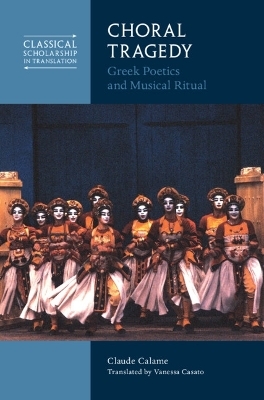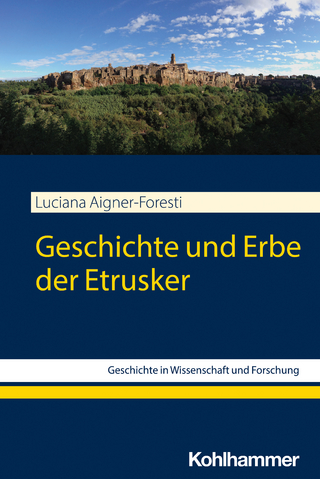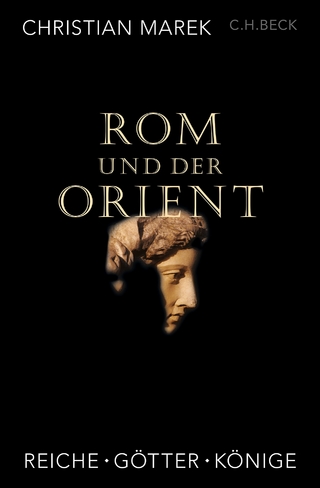
Choral Tragedy
Cambridge University Press (Verlag)
978-1-316-51625-6 (ISBN)
Ever since Aristotle opened the discussion on the role of the chorus in Greek tragedy, theories of the chorus have continued to proliferate and provoke debate to this day. The tragic chorus had its own story to tell; it was a collective identity, speaking within and to a collective citizen body, acting as an instrument through which stories of other times and places were dramatized into resonant heroic narratives for contemporary Athens. By including detailed case studies of three different tragedies (one each by Aeschylus, Euripides and Sophocles), Claude Calame's seminal study not only re-examines the role of the chorus in Greek tragedy, but pushes beyond this to argue for the 'polyphony' of choral performance. Here, he explores the fundamentally choral nature of the genre, and its deep connection to the cultic and ritual contexts in which tragedy was performed.
CLAUDE CALAME is Director of studies at the École des Hautes Études en Sciences Sociales, Paris (Centre AnHiMA: Anthropologie et Histoire des Mondes Antiques) and was previously Professor of Greek Language and Literature at the University of Lausanne. He has specialized in the study of Greek poetic texts from an ethnopoetic perspective, an approach relying on historical anthropology, the history of religions and discourse analysis. Many of his books have appeared in English translation: The Craft of Poetic Speech in Ancient Greece (1995), The Poetics of Eros in Ancient Greece (1999), Choruses of Young Women in Ancient Greece (2nd ed., 2001), Myth and History in Ancient Greece. The Symbolic Creation of a Colony (2003), Masks of Authority. Fiction and Pragmatics in Ancient Greek Poetics (2005), Poetic and Performative Memory in Ancient Greece (2009), Greek Mythology. Poetics, Pragmatics and Fiction (Cambridge, 2009), and Humans and Their Environment. Beyond the Nature/Culture Opposition (2023).
1. The essence of 'The Tragic'; 2. Tragedy, cult, and ritual; 3. Choral polyphonies and tragedy; 4. Aeschylus' Persians: questioning choral identity; Euripides' Hippolytus: choral song and gender; 6. Sophocles' Oedipus Tyrannus: 'Why Should I Dance (Chorally)?'; 7. Poets, tragic diction, and tragic fiction.
| Erscheinungsdatum | 20.04.2024 |
|---|---|
| Reihe/Serie | Classical Scholarship in Translation |
| Übersetzer | Vanessa Casato |
| Vorwort | Simon Goldhill |
| Zusatzinfo | Worked examples or Exercises |
| Verlagsort | Cambridge |
| Sprache | englisch |
| Themenwelt | Geschichte ► Allgemeine Geschichte ► Altertum / Antike |
| ISBN-10 | 1-316-51625-3 / 1316516253 |
| ISBN-13 | 978-1-316-51625-6 / 9781316516256 |
| Zustand | Neuware |
| Informationen gemäß Produktsicherheitsverordnung (GPSR) | |
| Haben Sie eine Frage zum Produkt? |
aus dem Bereich


